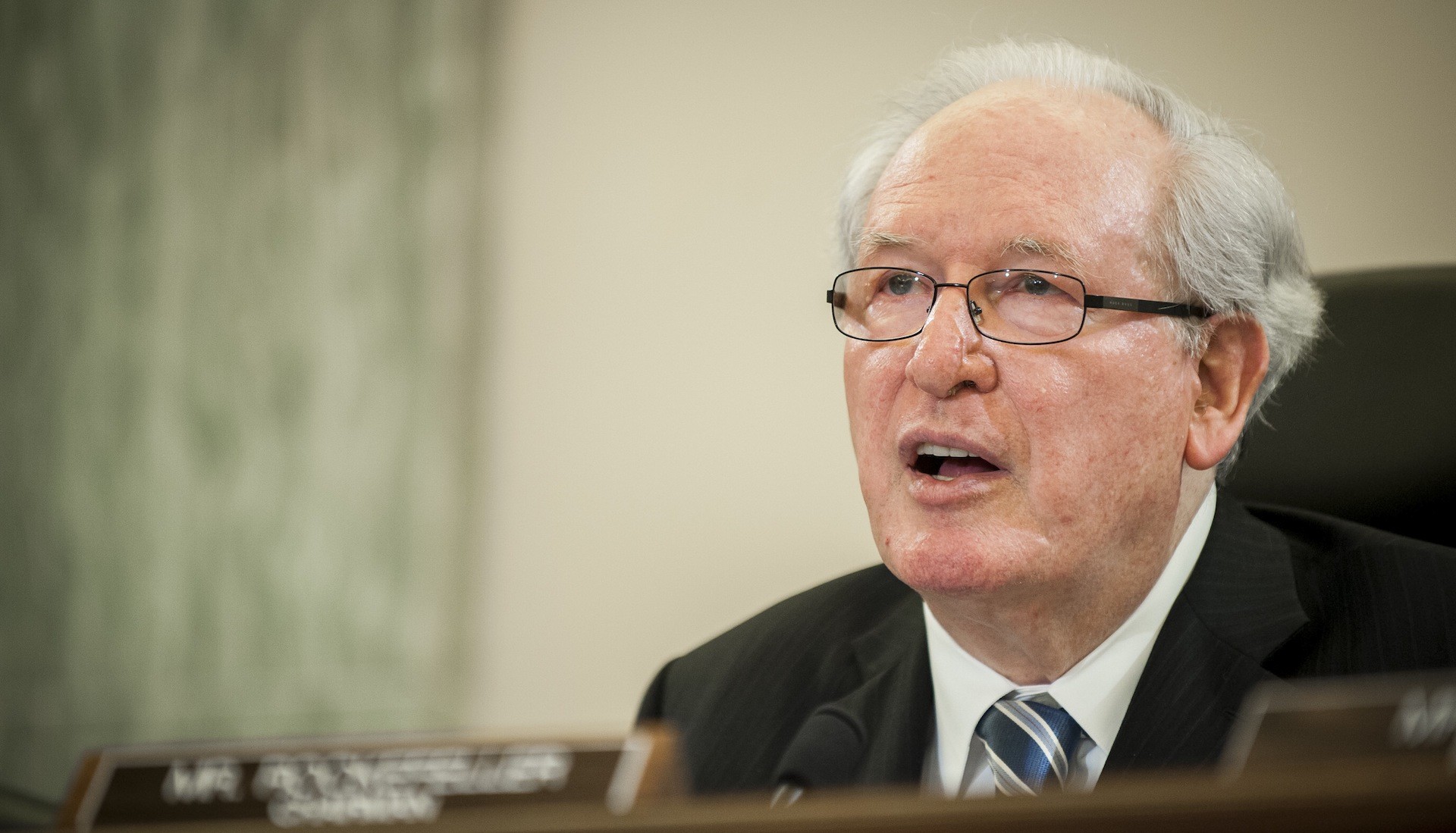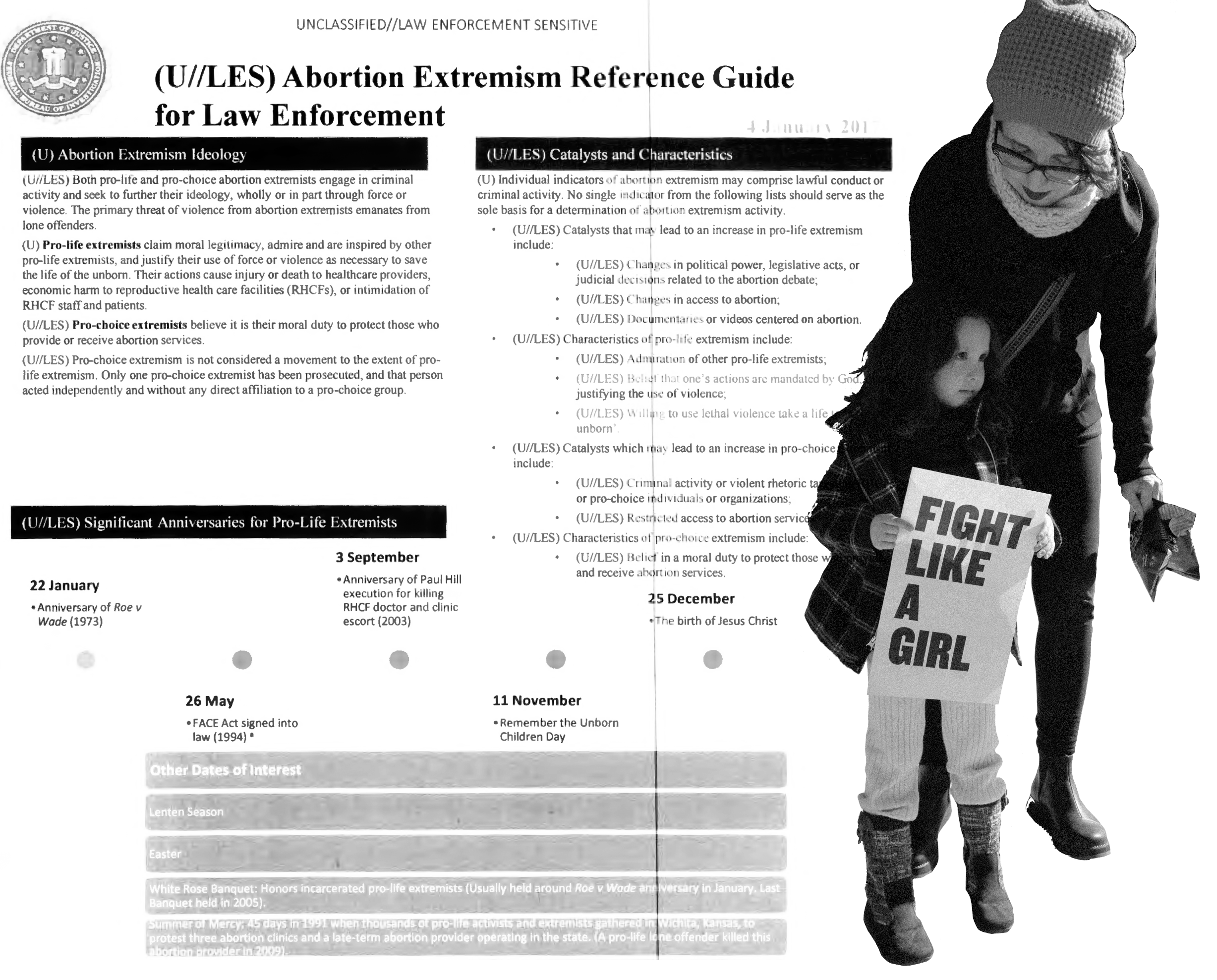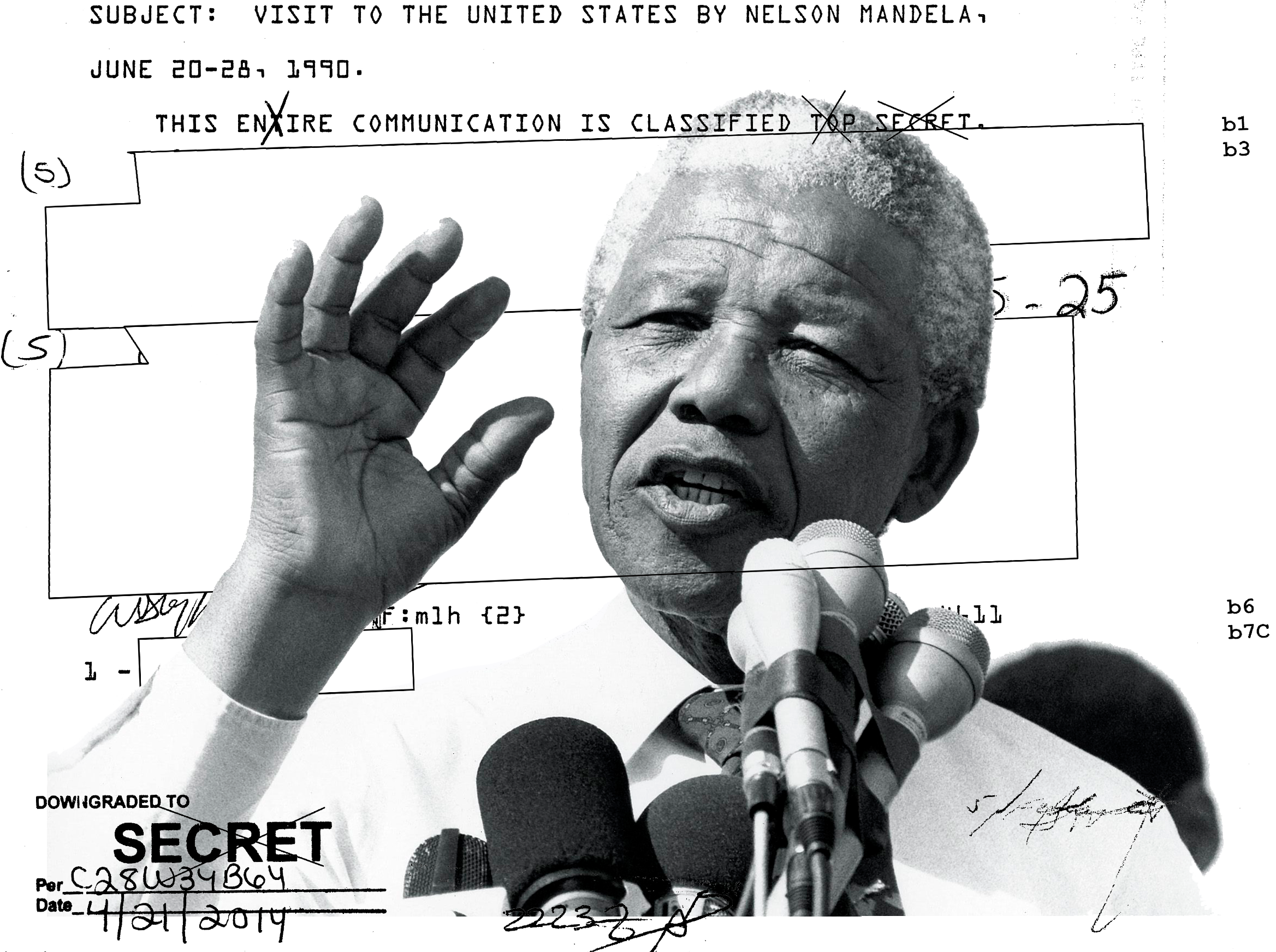Washington, DC — Outgoing Sen. Jay Rockefeller of West Virginia is single-handedly attempting to kill a critical governmental transparency bill. The FOIA Improvement Act of 2014 (S. 2520) is the product of over six months of bipartisan work that would enact desperately needed reforms to the Freedom of Information Act (FOIA). The bill enjoys overwhelming support on both sides of the aisle and its passage is almost certain. Or at least it would be if it could only come up for a vote. Despite a very similar bill passing the House 410-0, and also passing unanimously out of the Senate Judiciary Committee, Sen. Rockefeller placed an 11th hour hold on the bill this Thursday.
Sen. Rockefeller refused to comment on his hold for more than 24 hours, and then finally issued a vague and equivocating statement Friday evening after most newsrooms had already closed. If Rockefeller doesn’t lift his ill-considered hold by Monday, the bill dies. Journalists, scholars, open government advocates, and watchdog organizations are decrying Rockefeller’s hold as a threat to the fundamental democratic principle of an informed citizenry.
The Freedom of Information Act (FOIA) is the landmark legislation that allows for public access to government records. But since its initial passage in 1966, many governmental agencies have routinely attempted to avoid compliance with FOIA’s provisions. As a result, Congress has repeatedly amended FOIA to better ensure the American people can learn what their government is doing and why. In light of continued systemic agency FOIA abuses, the FOIA Improvement Act of 2014 is designed to again further safeguard the public’s right to know.
What the FOIA Improvement Act of 2014 Will Do:
Critically, the FOIA Improvement Act of 2014 targets rampant agency abuse of FOIA exemption b(5), commonly derided as the “withhold it because you want to” exemption. As it currently stands, FOIA exemption b(5) is worded so broadly it allows an agency to withhold any “interagency or intra-agency communication,” as well as any document purported by an agency to be a “draft.” This language covers such a wide swath of records that agencies routinely invoke b(5) to prevent the otherwise required release of potentially embarrassing documents.
For example, the CIA, as supported by the Department of Justice, is currently invoking FOIA exemption b(5) to prevent release of its secret internal history of the 1961 Bay of Pigs Invasion. The CIA claims this document is actually a “draft,” and therefore its release “could confuse the public.” The FOIA Improvement Act would put a 25-year per-document limit on agency invocation of b(5), thereby securing release of the CIA’s secret internal history of one of the most disastrous U.S. military adventures of the 20th Century.
Among other sorely needed amendments, the FOIA Improvement Act will also protect FOIA requestors from the exorbitant fees many agencies charge as a means to discourage FOIA requests. Since FOIA’s initial passage, Congress has repeatedly amended the act to prevent agency use of excessive fees as “‘toll gates’ on the public access road to information.” Sadly many agencies, prominently including the FBI and CIA, shamelessly continue this practice. For example, the FOIA amendments in the OPEN Government Act of 2007 forbid agencies from assessing duplication fees if an agency fails to meet its statutory deadlines for compliance with a FOIA request. However, an ambiguity in the language of the 2007 amendments has allowed agencies to continue this problematic practice unhindered. The FOIA Improvement Act of 2014 will remove this ambiguity, thereby preventing agencies from charging duplication fees for FOIA most requests in which an agency has failed to meet its statutorily required deadlines.
Some Key Points About The FOIA Improvement Act and Sen. Rockefeller’s Hold:
The FOIA Improvement Act seeks to better ensure that government agencies must comply with the landmark Freedom of Information Act.
The FOIA Improvement Act is a bipartisan bill with support from a wide mix of Senators, and the support of more than 75 open government, journalistic, scholarly, and national security organizations.
The reforms included in the bill are reasonable reforms aimed at addressing the real world problems requesters face trying to use the process to better understand what the federal government is doing and why.
Senators Leahy and Corny worked to address concerns of other Senators over six months; Sen. Rockefeller’s raising concerns at the 11th hour can only serve to kill the bill.
Sen. Rockefeller’s office refused to comment on the hold for more than 24 hours, not releasing a statement until after most newsrooms had closed on a Friday night.
Contrary to what is implied in Sen. Rockefeller’s vague statement attempting to justify his hold, nothing in the bill provides defendants ways to obstruct or delay investigations.
Senator Rockefeller’s hold will only serve to help agencies cover up their failures, embarrassments, and even crimes against the American people.
Supporters of the FOIA Improvement Act call upon concerned citizens to strongly (but politely) urge Sen. Rockefeller on Twitter and Facebook to drop his dangerous and misinformed hold.
According to Amy Bennett, Assistant Director of OpenTheGovernment.org, the coalition organization spearheading the push for passage of the FOIA Improvement Act:
“Unfounded references to possible unintended consequences cannot be allowed to stop a reform bill that would undoubtedly help the public. This bill was carefully put together by Senator Leahy and Senator Cornyn, who have worked together to strengthen FOIA for the last decade, and unanimously passed by the Judiciary Committee. The bottom-line for the tons of FOIA experts from inside and outside government that have vetted this bill is the same: it is a good bill and should be signed into law.”
According to Nate Jones, FOIA Coordinator for the National Security Archive at George Washington University:
“The FOIA Improvement Act of 2014 will make it easier for everyday Americans to use the law to request and receive documents. For Sen. Rockefeller to end 30 years of service with a nontransparent hold on a FOIA bill and a Facebook press release after close of business hours on a Friday night just doesn’t make sense. This is especially the case as the bill is backed by over 70 good governance organizations which Sen. Rockefeller has supported throughout his entire career.”
According to Ryan Shapiro, a transparency researcher and FOIA specialist at the Massachusetts Institute of Technology:
“The Freedom of Information Act is one of the most underappreciated elements of the entire American experiment. The notion that the records of government are the property of the people, and all we need to do to get them is to ask for them, is radically democratic. But FOIA is broken, and as a result federal agencies routinely exploit loopholes in the law. The FOIA Improvement Act of 2014 is a vital step in closing these loopholes. Unless Sen. Rockefeller wants to be remembered as a champion of governmental secrecy and obfuscation, he must lift his ill-considered hold immediately.”
To arrange an interview with Amy Bennett of OpenTheGovernment.org, please email abennett@openthegovernment.org or call 703-475-9388




